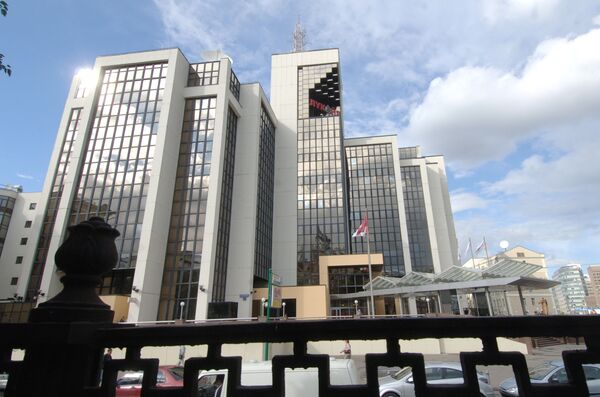The majority of Moscow’s traditional center is now based within the Garden Ring, a crammed area containing more than 80 percent of the city’s workplaces. However, in recent years, city authorities have embodied the need to fundamentally rethink Moscow and decentralize it.
The first known development plan for Moscow was created in 1596 for Tsar Boris Godunov. It was used as the foundation for later plans, such as Peter’s Plan, Sigismund’s Plan and others drafted in the 17th century, and based the city’s center within the Kremlin’s imposing walls. This started the tradition of a circular road pattern, which still prevails today.
It took more than three years to work out and adopt an adjusted version of the Urban Development Plan that runs to 2025. By 2020 Moscow authorities plan to build 400 kilometers of new roads, while some existing roads will have added lanes. Other steps involve laying an additional 375 kilometers to its metro system and commuter rail lines including links from the centre to Moscow City.
Has the new plan yielded fruit already?
“My impression is that the planning in Moscow has tremendously improved because of the restriction on parking, which has reduced the traffic congestion. The main efforts that should be done besides the improving the existing transport is to make a better connection with railways,” said Pierre Laconte, President of Foundation for the Urban Environment (FFUE) in Brussels.
However, some other experts claim Moscow efforts to reduce traffic jams by building new roads and developing the city’s public transport network have failed to deliver the results the city authorities were hoping for, mainly because of growing car ownership and unwillingness of motorists to give up their cars in favor of public transport. As some say, it all depends on your viewpoint – whether the glass is half-full or half empty – when concluding how successful the new city planning policy has been so far.



